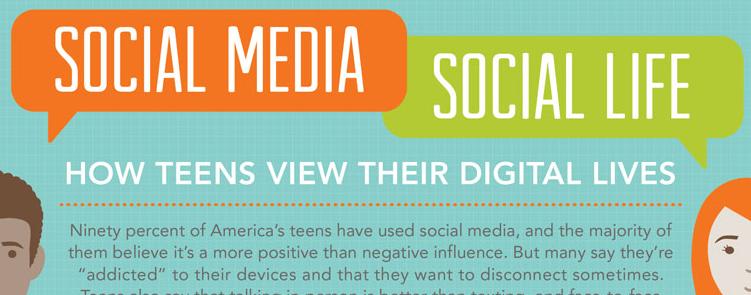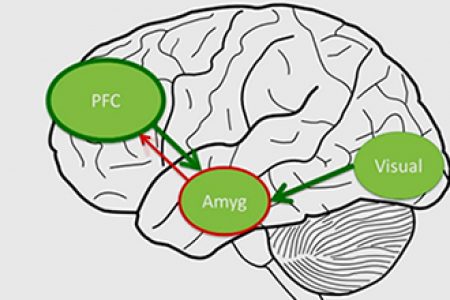'Facebook depression?' The influence of social media on adolescents
The growing use of social networking sites also fosters concerns about the negative consequences for adolescents of using these sites. But do adolescents themselves confirm that they are depressed because of Facebook?
Adolescents make a big transition from a focus on parents to a focus on peers. Peers become increasingly important, and forming and maintaining friendships is one of the main challenges in adolescence. Until now most research on social development has focused on in-person interactions. Recently a shift has occurred from real-life social interactions with peers to online social interaction on Social Networking Sites (SNS) such as Facebook. The current generation is the first to grow up with SNS as part of their lives. Adolescents are heavy users of SNS: almost 75% of teenagers have a profile on an SNS and over half of them log in on their profile every day. A large part of adolescent social emotional development occurs online. How does teenagers’ online behavior relate to offline social behavior? And do adolescents experience negative consequences of SNS use?
A recent study shows that adolescent online behavior is similar to offline behavior. Individuals who display more pro-social behavior online also do this offline (Wright & Li, 2011). The same accounts for more negative behaviors, such as aggression. According to a national survey of over 1000 American teenagers aged 13-17, there were no differences in self reported well-being between adolescents who are heavy users of SNS and adolescents who are not. Most adolescents indicate that they did not feel that using social networking sites makes a difference in how they feel, for instance regarding their level of self-confidence or their mood. Interestingly, teenagers who do report that social networking sites affect their social emotional well-being mainly report a positive influence. They say it makes them feel less shy and more confident. Furthermore, more than half of the teenagers stated that the use of SNS made them feel more connected to their friends and family. Almost half of the teenagers, however, report that their favorite way of communication with their peers is face-to-face, they say it’s more fun and it’s easier to understand what others mean.
Although the concerns about a negative impact of social media on teenagers should be taken seriously, it seems that for the most part teenagers experience positive effects of using social media. With the increasing use of SNS, keeping track of the influence of online social interaction on social emotional development in the long run is an interesting avenue for future research.
See also this infographic by Common Sense Media:






